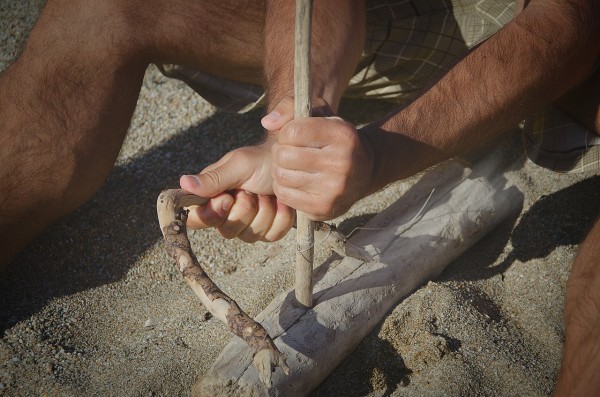During a discussion about the major historical milestones of human civilizations, it is often agreed that the Greek and ancient Asian civilizations played a major role in the discovery of medicine. New genetic results from archaeological studies performed on Neanderthal fossils, however, tell a different story.
By isolating DNA from the plaque on dental fossils of Neanderthals, scientists have been able to discover the exact diet that they had and the medicinal plants they consumed. The study was performed on the remains of five Neanderthal specimens in Europe, dated 42,000 to 50,000 years old. The specimens were found in three locations: two from Spain, two from Belgium, and one from Italy.
Image Source: Xavier ROSSI
In the calcified dental plaque of one of the specimens from Spain, scientists found traces of poplar DNA and an antibiotic fungus. This individual suffered from an abscess, a painful tooth bacterial infection, and a stomach bug that causes diarrhea. Poplar tree bark contains salicylic acid, which is the active compound in aspirin, a pain-relieving drug. The discovery of poplar DNA from the calcified plaque of Neanderthal dental fossils suggests that this Neanderthal was using poplar as medicine for relieving pain.
It is possible that poplar bark may have contaminated the soil in which the specimens were found, thus, leading to an incorrect conclusion. However, according to Dr. Dobney, chair of human paleoecology at the University of Liverpool, the DNA of plants, moss, animals, and other organisms that were found within the calcified plaque would have degraded very quickly had it not been enclosed in a protective environment like plaque. This provides further support for the hypothesis that poplar bark had been consumed by the Neanderthal and most likely for medicinal purposes.
These Neanderthal specimens are the earliest known example of hominids who consumed plants or some form of a naturally occurring substance for medicinal purposes. It is even possible that it was from human contact with the Neanderthals that Homo sapiens first learned about medicine. As more specimens are unearthed, more pieces of our prehistoric past continue to fall into place. There are still many questions that remain unanswered, but one thing for certain is that medicine may have roots that originated much earlier in the past than previously thought.
Featured Image Source: Pexels










